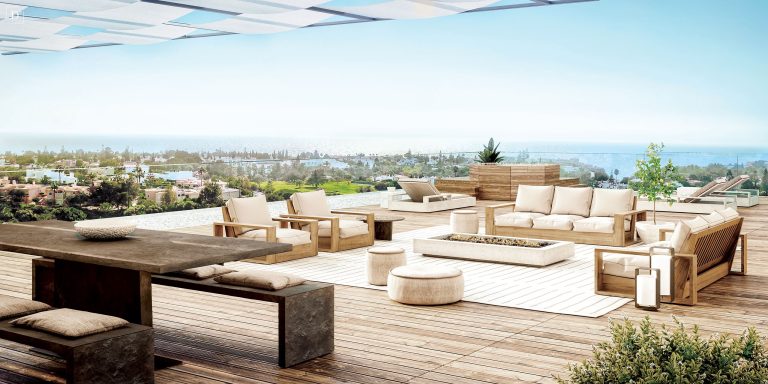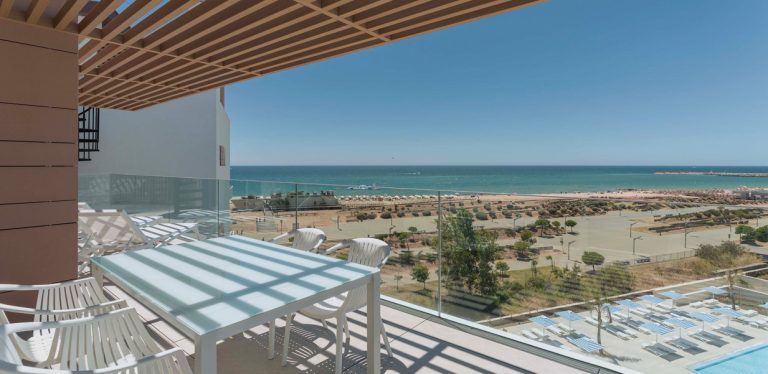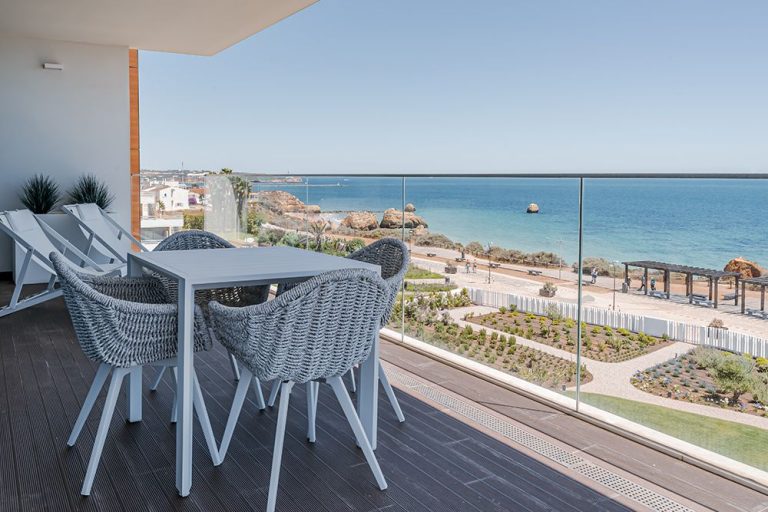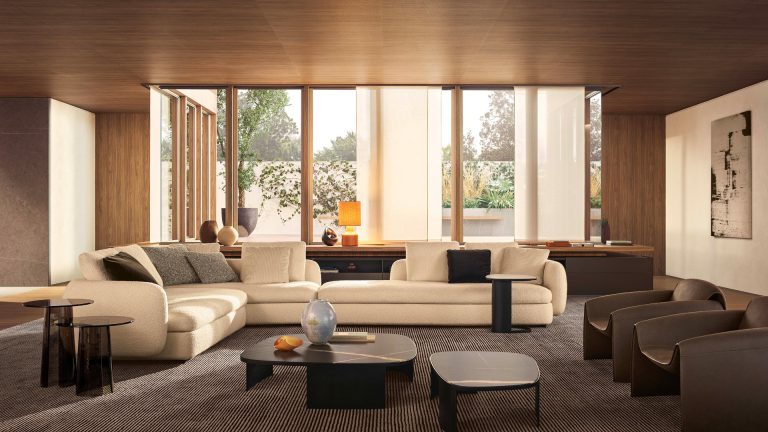What Are Condominium Fees and Rules in Portugal?
Buying an apartment in Portugal? This guide explains how condominium fees work, what rules to expect, and how AL licensing and renovations are affected.
If you’re buying an apartment in Portugal — especially in the Algarve — you’ll almost certainly be part of a condominium (condomínio). That means shared responsibility for the building, monthly fees, and a few rules you’ll need to follow.
But how much do these fees really cost? Who sets the rules? And what should you watch out for before you buy?
This guide breaks down everything you need to know about condo ownership in Portugal — from running costs to renovation limits and short-term rental policies.
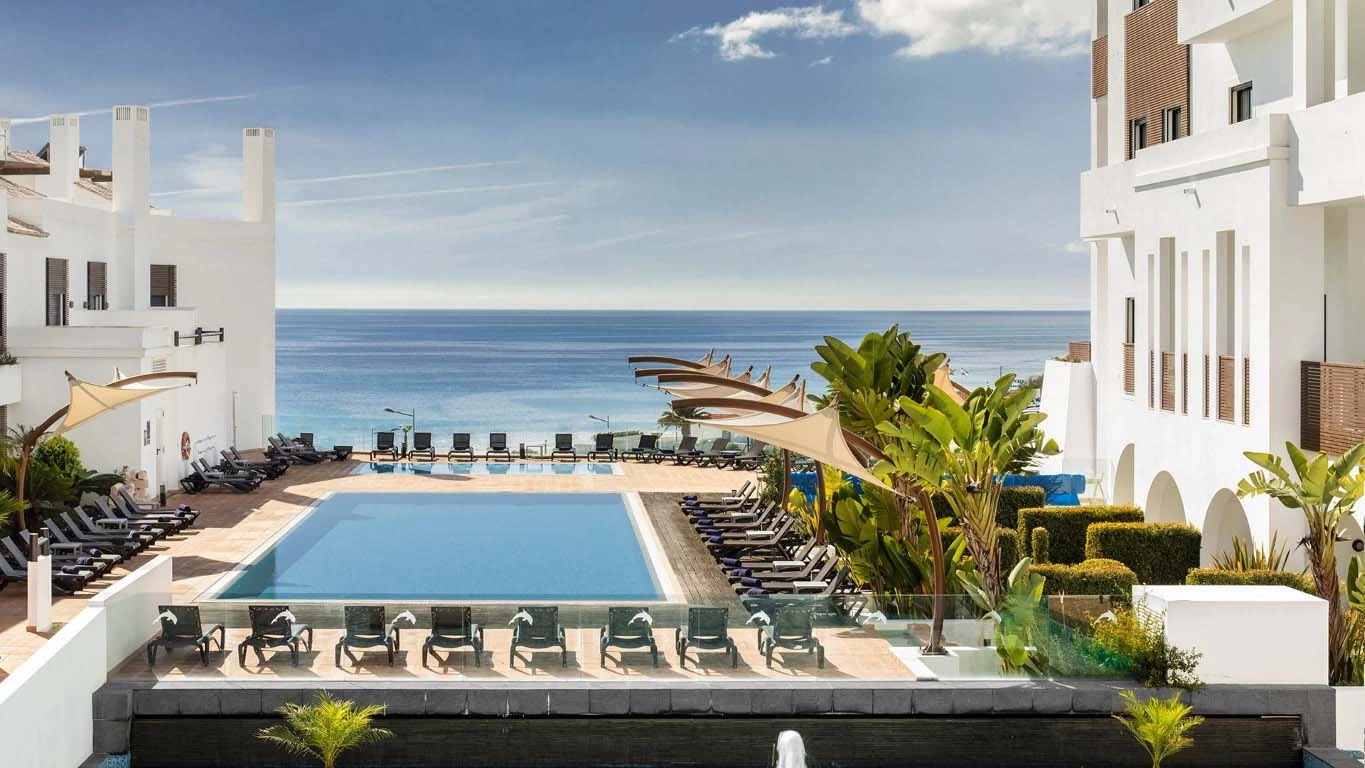
What Is a Condominium (Condomínio)?
In Portugal, a condominium is any building or property with multiple units under shared ownership — typically apartments, but also gated villas or townhouses with shared spaces.
When you buy an apartment, you own:
- Your individual unit (fração autónoma)
- A share of the building’s common areas, such as the stairwell, roof, pool, garage, or garden
You’re automatically part of the condominium assembly (assembleia de condóminos), and responsible for your share of the running costs and maintenance decisions.
Typical Condominium Fees in the Algarve
Condo fees (quotas de condomínio) are paid monthly, quarterly, or annually — depending on the building’s structure and services.
| Building Type | Monthly Fees (Est.) |
|---|---|
| Basic block, no lift/pool | €30–€60 |
| Mid-range with lift/garage | €60–€120 |
| Premium with pool/gym/security | €120–€250+ |
| Luxury resort-style developments | €250–€500+ |
Fees are usually calculated proportional to the size of your unit (permilagem), so larger apartments may pay more than smaller ones.
💡 You’ll receive an annual budget from the administrator, outlining how your fee is used — e.g. for cleaning, insurance, maintenance, repairs, and contingency funds.
How Are Condo Rules Decided?
Each condominium is governed by:
- The Building Bylaws (Regulamento do Condomínio)
- Resolutions passed in the Annual Assembly of Owners
Owners vote on:
- Budgets and annual fees
- Building repairs or improvements (e.g. painting, lift upgrades)
- Restrictions on noise, pets, use of common areas
- Whether AL short-term rentals are allowed or restricted within the building
A simple majority (over 50% of ownership shares) is usually required to approve proposals.
📌 Before buying, you should request a copy of the bylaws and recent meeting minutes — this helps avoid surprises (like a planned €20K façade repair or a ban on rentals).
What Are the Rules About Renovations?
Inside your unit, you can make changes — but there are limits:
✅ Allowed:
- Interior updates (kitchens, flooring, bathrooms)
- Electrical and plumbing (with approval if it affects shared systems)
- Cosmetic renovations
❌ Not Allowed Without Consent:
- Altering balconies, windows, or facades
- Making structural changes (e.g. moving walls, joining units)
- Installing external equipment (e.g. A/C compressors) that affect appearance
Many buildings also require advance notice to the condo administrator for major work — and may set noise limits or seasonal restrictions (no drilling in August, for example).
How Do Condominium Rules Affect AL Rentals?
One of the most overlooked aspects of buying an apartment for short-term rental is condo approval.
Even if the property is in a location where AL licenses are permitted, the building may prohibit or restrict short-term rentals.
- In some buildings, AL activity is explicitly allowed
- In others, a majority of owners (50%+) can vote to limit or revoke rental activity
- Recent updates (Nov 2024) allow buildings to object to AL if there’s evidence of nuisance or risk
🔗 Related: Understanding Alojamento Local (AL) in Portugal: 2025 Rules, Licensing & Tax Implications
Before purchasing, we always help clients confirm the building’s rental policy — especially if AL income is part of your plan.
What About the Condo Administrator?
Every condominium must appoint a building administrator (administrador de condomínio) — either:
- An owner elected by the assembly
- A professional management company
Their responsibilities include:
- Collecting fees and paying bills
- Organizing maintenance and repairs
- Scheduling meetings and enforcing rules
- Representing the building legally (e.g. with the town hall)
You can request the administrator’s reports and records when buying — to check the building’s financial health and any upcoming works.
Need Help Understanding Condo Rules Before You Buy?
When we find properties for buyers, we don’t just look at location and price — we also help them understand the full picture behind each apartment: monthly fees, AL restrictions, building health, renovation limits, and upcoming costs. Our goal is to ensure every purchase aligns with your lifestyle, investment strategy, and long-term plans.
